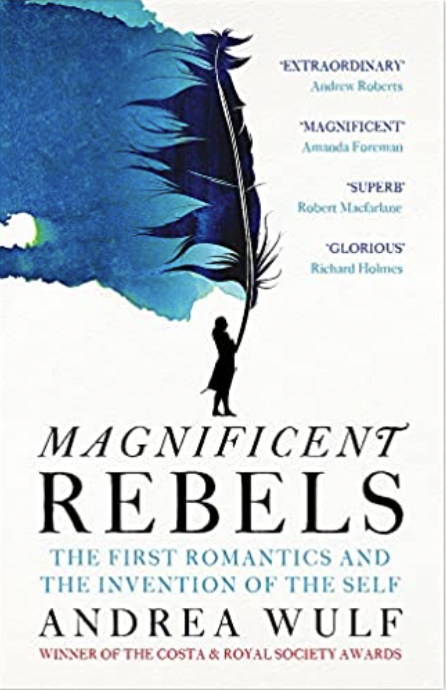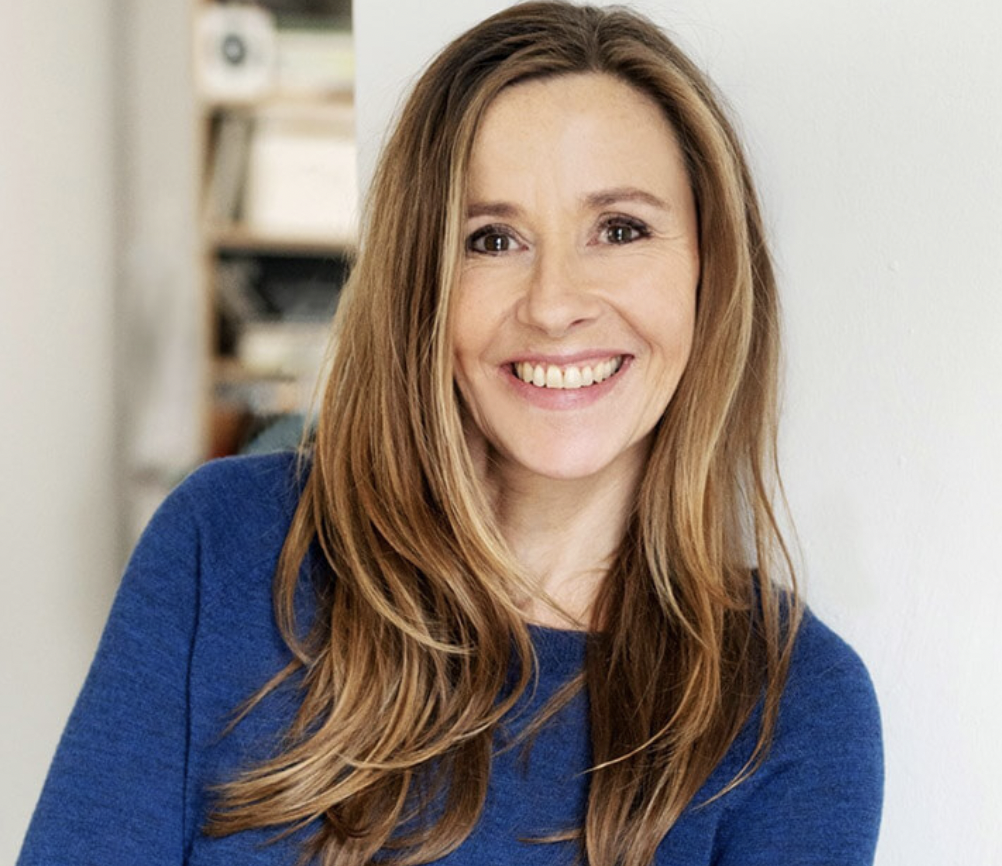
Live, Love and dispute, think with their minds, see with their imagination and feel with their emotions


Handel and Rameau were busy composing in 1749, Darwin arrived in South America abroad with the Beagle, and Johann Wolfgang von Goethe was a cultural colossus, a figure ranked alongside Shakespeare and Dante. By the 1790s this group of extraordinary friends changes the world. Disappointed by the French Revolution’s rapid collapse into tyranny, what they wanted was nothing less than a revolution of the mind. The rulers of Europe had ordered their people how to think and act for too long. Based in the small German town of Jena, through poetry, drama, philosophy, and science, they transformed the way we think about ourselves and the world around us. They were the first Romantics.
The Jena Set was the first Romantics, who incited a revolution of the mind that shaped our modern world, Their unconventional lives were laboratories for their radical ideas about the creative power of the self, the aspirations of art and science, nature, and the true meaning of freedom.
In Magnificent Rebels, we meet younger Goethe, a bright star in a constellation of great minds of many now associated with the first flush of Romanticism- which included the philosophers Friedrich Schelling and Georg Wilhelm Friedrich Hegel, the scientist explorer Alexander von Humboldt and the playwright Friedrich Schiller and a shining moment is created between 1704 and 1806 when these figures congregated in Jena – a University town in the tiny Duchy of Saxe-Weimar whose duke Goethe served for decades in the late 18th and early 19th centuries to live, love, and dispute.
In 1789 Schiller had settled in Jena, having fled his native Wűrttemberg after the runaway success of his revolutionary play The Robbers in 1782, It was not until the summer of 1974 that he and Goethe met at Jena’s newly founded Natural History Society. The key figure among these newcomers was Johann Gottlieb Fichte, the so-called “Bonaparte of Philosophy” who was appointed to a professorship in Jena at Goethe’s suggestion. Fichte had started his philosophical career as a follower of Immanuel Kant, writing his Attempt at a Critique of All Revelation so much in the shadow of Kant’s own Critique of Pure Reason.
Andrea Wulf in Magnificent showed the way understanding the world still frames our lives and being. We’re still empowered by their daring leap into the self. We still think with their minds, see with their imagination and feel with their emotions. We also still walk the same tightrope between meaningful self-fulfillment and destructive narcissism, between the rights of the individual and our role as a member of our community, and our responsibilities towards future generations who will inhabit this planet. This extraordinary group of friends changes our world. It is impossible to imagine our lives, thoughts, and understanding without the foundation of their ground-breaking ideas.
Magnificent Rebels: The First Romantics and The Invention of the Self by Andrea Wulf, John Murray £25,/Knopf $35, 512 pages
